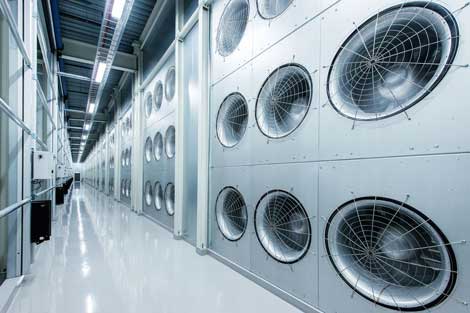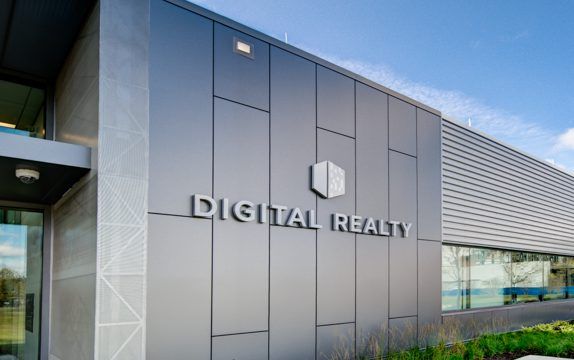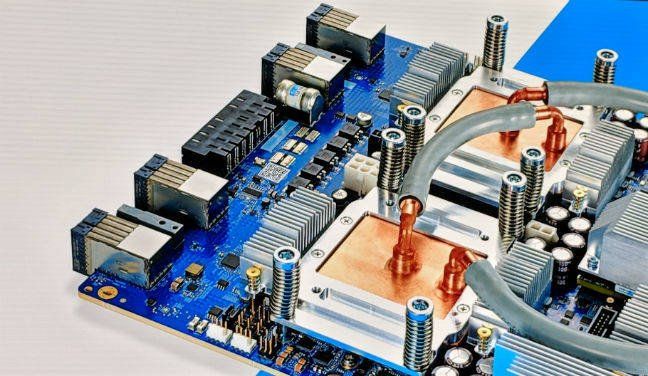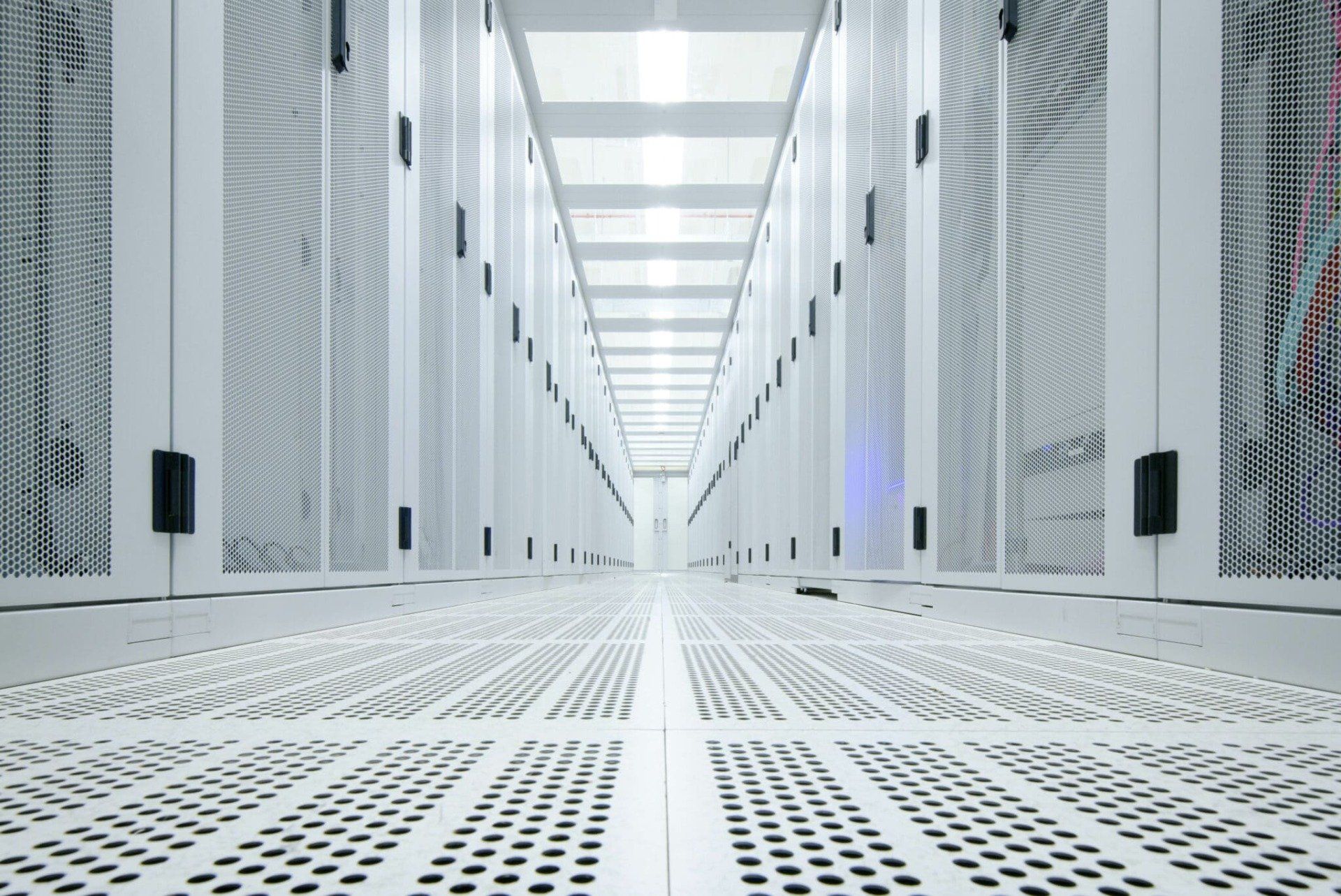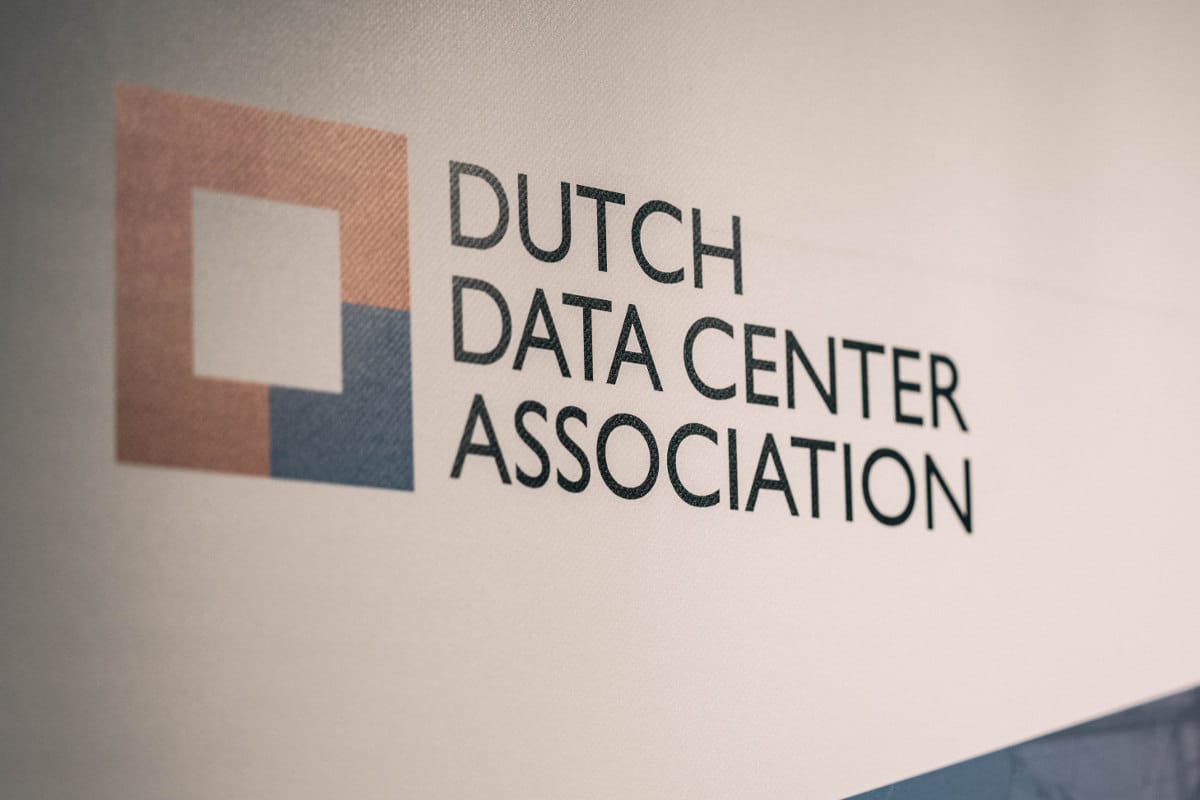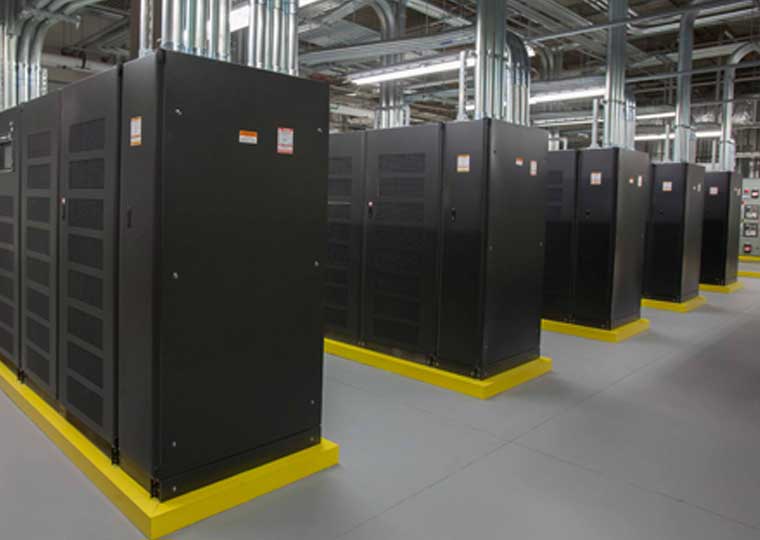By Willem Ybema
•
March 12, 2020
Now please do not accuse me of schadenfreude because this is not the case. I am however very optimistic about certain IT related industries with the rise of COVID-19. As you know, schadenfreude is the experience of pleasure, joy, or self-satisfaction that comes from learning of or witnessing the troubles, failures, or humiliation of another. Schadenfreude is a complex emotion, where rather than feeling sympathy towards someone's misfortune, schadenfreude evokes joyful feelings that take pleasure from watching someone fail. We are now in de middle if the COVID-19 pandemic crisis with a rising number of infections and the subsequent deaths. The travel industry has been hard hit with travel bans and people just choosing not to go anymore. Offices are being shut down as more and more people are being asked to work from home. Schools and universities are shut down, festivals are cancelled. In supermarkets shoppers are explicitly being asked to pay by card are to avoid contact with the cashier. We are not allowed to shake hands anymore and so we tap each other’s elbow or do the Wuhan Shake, tapping each other’s feet. The last one is my favourite. As COVID-19 and it’s future variants are not going to go away, we will see more social distancing. Everything that involves interacting remotely will become more relevant. As high speed Internet infrastructure is widely available and reliable in the western world, the prerequisites are already there. So I am optimistic about all things that help working and living remotely, like conferencing equipment and services, services like Slack (who is having connectivity issues ….. why so now), streaming services for entertainment, supermarkets / shops without a cashier, even more online shopping. The list is long. I am especially optimistic about data centres and see that data centres will benefit and will become even more relevant, the demand even more insatiable. I see a bright future for data centre companies. … and if you want to read up on more schadenfreude, there is a book about modern schadenfreude called Schadenfreude: the Joy of Another’s Misfortune by Tiffany Watt Smith. Get it delivered, COVID-19 free, to your home through Amazon or Bol or my favourite local bookstore https://www.devriesvanstockum.nl/9781781259085-schadenfreude.html
